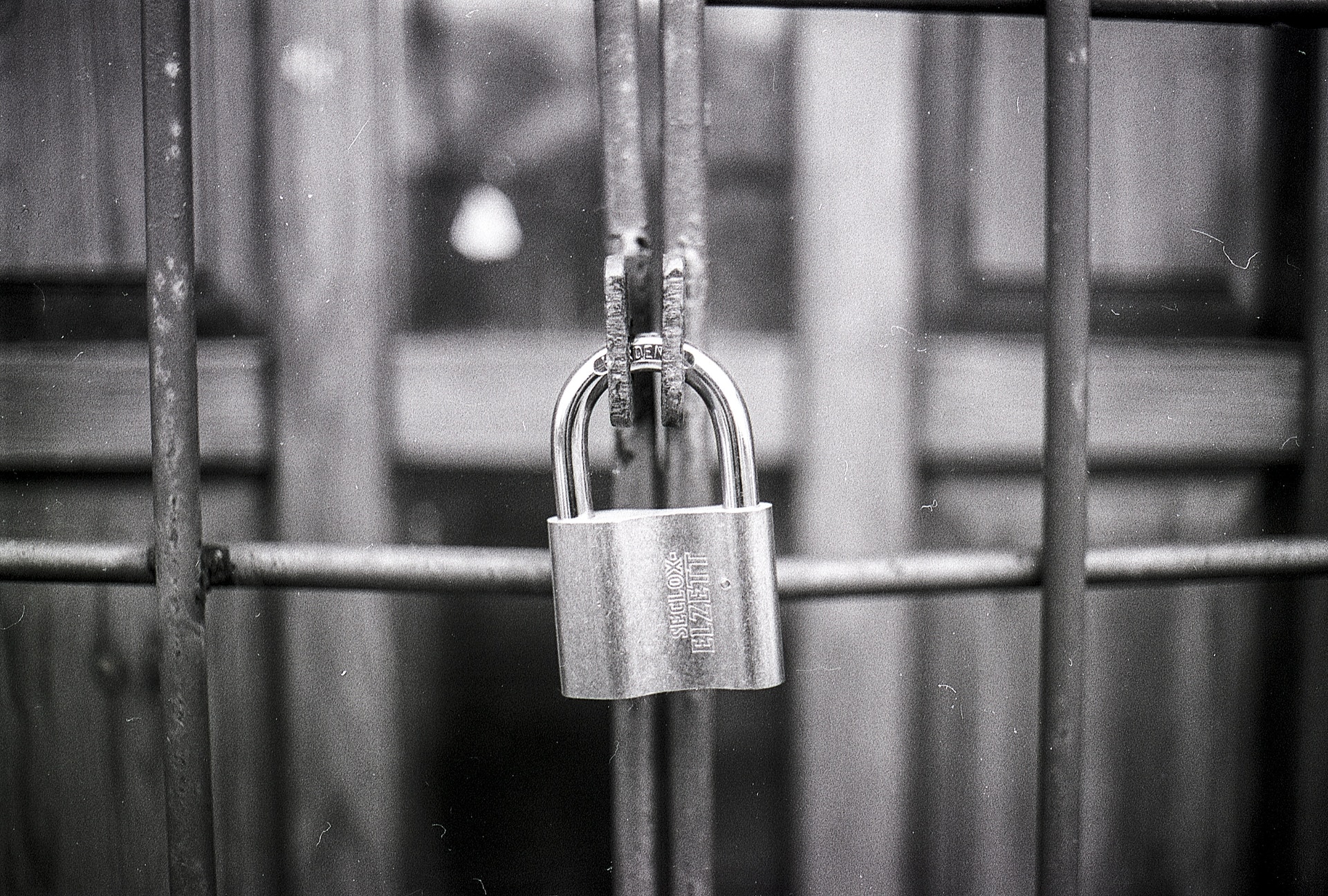It’s easy, thinking about the internet, to immediately panic. After all, we’ve all heard the stories about children that have been targeted by paedophiles, and been abused, even murdered. Recent stories around Tulisa – whose intimate video was mis-used by an ex – have highlighted the problem, as has the issue of the 15 year old who committed suicide after photos of her got out online.
Inappropriate Conduct
Teach your children:
- To not post personal information such as phone number, address, and bank details.
- To set their facebook profile to private.
- To blog, tweet or myspace under a pseudonym.
- To report any inappropriate contact to the service provider.
- To avoid meeting anyone they speak to online unsupervised.
- That a blog is not the same as a private diary – the posts are accessible by anyone.
- That mistakes happen and that you will help them fix difficult situations.
Inappropriate Contact
A friend of mine had to intervene when her sister was talking to an older man; she actually found his phone number and excoriated him before blocking his IP address from the family computer, and reported him to the COEP.
There are measures that need to be avoided, however. Teenagers & children need a measure of privacy, but they also need to be taught appropriate online behaviour. For example, teach your children about sex and relationships, that people may not be who they say they are, and that an older man may be showing them attention for completely inappropriate reasons. But don’t be tempted to use scare tactics (which they will not take seriously) or ban them from the internet altogether. They will simply use the internet outside the home, and you will not be able to monitor their behaviour at all. It’s far better to make the internet safer for your kids.
U Know Kids seems an excellent tool, if a little intrusive for my sensibilities. It allows you to monitor your child’s facebook & mobile accounts (from any location) and track your child via their mobile phone. It has free and paid options.
Inappropriate Content
There are many filters you can use, depending on the content you wish to exclude.
- All major ISPs provide parental control filters.
- Many computers have built in protection facilities.
- Most games consoles allow you to filter the games and features available to your children.
- Godblocker searches content and excludes religious content that is “violent, sexual, and psychologically harmful”.
- The adblocker browser extension can be used to block adverts and pop ups.



